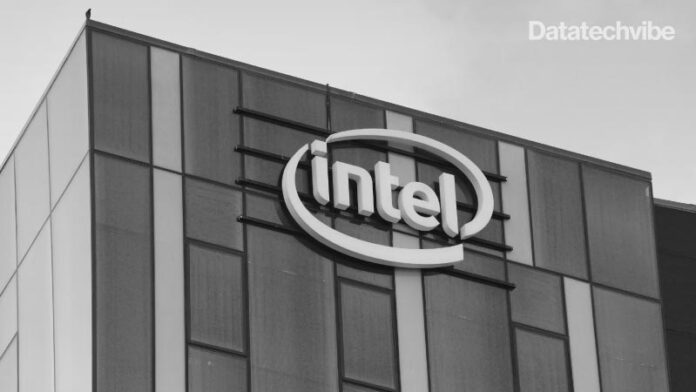Granulate’s autonomous optimisation software helps drive greater performance and ROI in the cloud and data centre.
Intel Corporation announced an agreement to acquire Granulate Cloud Solutions, an Israel-based real-time continuous optimisation software developer. The acquisition of Granulate will help cloud and data centre customers maximise compute workload performance and reduce infrastructure and cloud costs. Deal terms are not being disclosed.
“Today’s cloud and data centre customers demand scalable, high-performance software to make the most of their hardware deployments,” said Sandra Rivera, executive vice president and general manager of the Datacenter and AI Group at Intel. “Granulate’s cutting-edge autonomous optimisation software can be applied to production workloads without requiring the customer to change its code, driving optimised hardware and software value for every cloud and data centre customer.”
Greg Lavender, chief technology officer, senior vice president and general manager of the Software and Advanced Technology Group at Intel, said: “We are building our portfolio of software optimisation tools that offer flexible and scalable capabilities to meet the growing growth demand of the ubiquitous computing era. Granulate’s innovative approach to real-time optimisation software complements Intel’s existing capabilities by helping customers realise performance gains, cloud cost reductions and continual workload learning.”
While cloud computing and microservices have created a new era of flexibility in distributed applications and deployment scalability, modern architectures have introduced more complex performance issues that are not easily managed by traditional operating systems and runtimes. Additionally, customers often deploy older Linux distributions and application libraries that are not up to date with the latest advancements in today’s high-performance CPUs. Intel is committed to helping its customers ensure they are right-sizing their compute clusters, instance types and cloud deployments.
Granulate’s autonomous optimisation service solves these issues by reducing CPU utilisation and application latencies. It does this by learning the customer’s application and deploying a customised set of continuous optimisations at runtime. This enables deployment on smaller compute clusters and instance types to improve application performance and reduce cloud and data centre costs. Granulate’s service does not require developer intervention, nor does it require the customer to make changes to its code. The latest CPUs optimisation can be applied even on legacy Linux distributions and runtimes.
Granulate’s autonomous optimisation service enables cloud and data centre customers to significantly improve the performance of their deployments, reduce operational overhead and lower application costs.
“Together with Intel, we believe we can help customers achieve meaningful cost reductions and five times the throughput across workloads,” said Asaf Ezra, co-founder and CEO of Granulate. “As a part of Intel, Granulate will be able to deliver autonomous optimisation capabilities to even more customers globally and rapidly expand its offering with the help of Intel’s 19,000 software engineers.”
Intel and Granulate’s relationship began in late 2019 when Granulate was part of the first graduating class of Intel Ignite, the startup accelerator program that taps into Intel’s resources to help early-stage companies succeed. Over the past year, Intel and Granulate have worked together under a commercial agreement to collaborate on workload optimisation on Xeon deployments. This collaboration resulted in gains in performance and decreases in costs for customers running on Intel processors. With the acquisition of Granulate, Intel will rapidly scale Granulate’s optimisation software, including across Intel’s data centre portfolio. Intel is investing in growth opportunities enabled by software, including disruptive end-to-end artificial intelligence and security platforms, services, and APIs.









